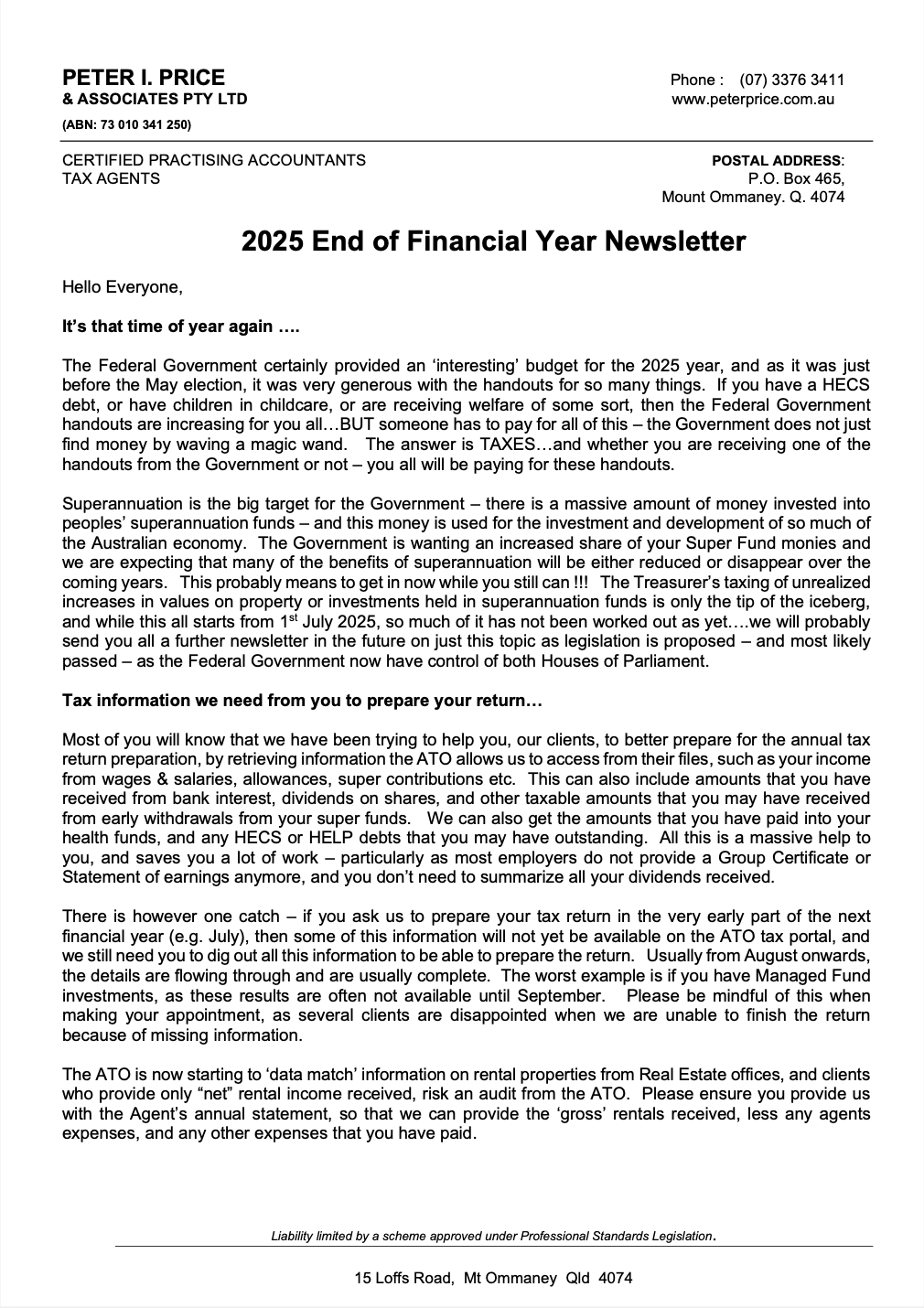Completing the Sale of a Business

.
Once you negotiate and exchange a business sale agreement with the other party, parties must transition to the completion process. This broadly involves the buyer and seller’s lawyers working together (and with their respective clients) to fulfil a number of obligations. Once all parties satisfy these obligations, the sale will be complete. Completion can be a stressful and overwhelming process, so it is useful to prepare a completion checklist to keep track of progress. This article discusses the key stages and documents common to most business sale transactions.
Pre-Completion Steps
Before the parties can complete the sale, there are several steps they must take to get ready for the big day (known as completion day). Each of the buyer and seller’s lawyers must review the business sale agreement carefully to ensure their respective clients satisfy these steps. Indeed, many of them can take time and may delay the sale if left to the last minute.
The table below sets out some common pre-completion steps and the documents required to satisfy them.
| Pre-Completion Steps | Description | Documents required |
| Corporate governance approvals | While not necessarily always found in the business sale agreement, it is important (and good corporate governance) that the entity entering into the transaction passes the necessary approvals to enter into the transaction and sale agreement. Depending on the company’s constitution and shareholders agreement, this could mean getting shareholder and board approval. |
|
| Release of encumbrances | If the business owner (seller) has granted a security interest over any of the assets being sold, those security interests will need to be dealt with. This usually means having that security released by having the secured party sign a notification of discharge. However, for some assets like leased equipment, the security interest will continue with the sale and the buyer will assume liability for the security. If this is the case, the business sale agreement should address this point. |
|
| Training | There are sometimes requirements for the seller to provide the buyer with training in the business prior to completion. |
|
| Stocktake | If stock is forming part of the business sale, there can be a requirement that the seller completes a stocktake before completion to determine the stock’s value. |
|
| Transferring employees | If any employees are being transferred, new employment agreements will need to be entered with those employees and the buyer, which recognise their prior service and entitlements (if relevant). |
|
Conditions Precedent
Throughout the business sale agreement, there are several conditions that must be satisfied before the completion date. These are known as conditions precedent.
It is usually a term of the sale agreement that if these conditions are not satisfied by the relevant party (or waived by the party which has the benefit of them), the other party can walk away from the sale. In the case of the buyer, they can potentially have their deposit refunded.
The table below sets out some common conditions precedent in a business sale and the documents required to satisfy them.
| Condition Precedent | Description | Documents required |
| Dealing with the lease | If a premise is subject to a lease, the landlord must consent to either the existing lease being assigned or agree to the grant of a new lease in favour of the buyer. |
|
| Franchisor approvals | If the business being sold is a franchise, the franchisor must approve the incoming buyer and enter into a new franchise agreement with them. The seller will need to sign a deed of surrender in release in regard to its franchise agreement with the franchisor. |
|
| Key contracts | Sometimes a business being sold will be party to a key contract that a buyer will want either assigned or to have a new contract entered into with them before completion. This is because without that particular contract being on foot, the business may not be able to run. |
|
Completion Day
On the completion date, both parties must work together to fulfil their respective obligations. Completion can differ greatly between transactions depending on what the business is and what assets are being sold. However, there are some obligations that are usually present in each business sale. Once the completion obligations have been fulfilled by both parties, the sale has been completed and the buyer is now the legal owner of the business.
The table below sets out some common completion obligations in a business sale.
| Completion Obligation | Description | Documents required |
| Deliver title documents | The seller must deliver to the buyer any certificates of title or other documents relating to proof of ownership of the assets being sold. |
|
| Deliver business records | The seller must deliver to the buyer any business records. Importantly the seller must only deliver the relevant business records, as there may be other records within the company not relevant to the sale. |
|
| Physically deliver assets | Seller must physically deliver any assets being sold that are capable of physical delivery to the buyer. |
|
| Other assignments | If any other contracts are being assigned as part of the sale (such as supply agreements or IP licences), these will need to be assigned at completion. If there are any vehicles, notices of disposal and any other documents required to transfer the registration. |
|
| Business name transfer | The seller must deliver the transfer number for the business name to the buyer. |
|
| Login details | The seller must deliver to the buyer any login details required for the buyer to access any of the assets being transferred, which may include social media accounts, emails and CRM systems. |
|
| Pay the balance of the purchase price | Buyer must pay the balance of the purchase price, adjusted for any employee entitlements and stock value (if relevant). The buyer’s lawyer will prepare a settlement statement detailing how the purchase price balance has been calculated. |
|
Post-Completion Obligations
Sometimes there are post-completion obligations for the seller. These often include training the buyer on the business processes for a certain period of time. It can also include an agreement to be on call for a certain period of time for technical questions and assistance following the sale. The seller will usually have restraint obligations to comply with a certain period of time post-completion.
Key Takeaways
Completion can be a daunting and stressful process, as there can be a number of steps and obligations which both parties must adhere to ensure a smooth end to the transaction. Completion involves a three-step process: pre-completion, day of completion, and post-completion. All of these steps involve different documents and requirements.
Of particular importance are the conditions precedent in the pre-completion stage, as if these are not fulfilled or waived, the other party will usually have the right to terminate the agreement and walk away from the sale. Likewise, in the case of the buyer, they can potentially have their deposit refunded. It is a good idea to keep a completion checklist handy so all parties can keep track of where things are at with completion.
Legal Vision
Thomas Linnane - Lawyer
legalvision.com.au

